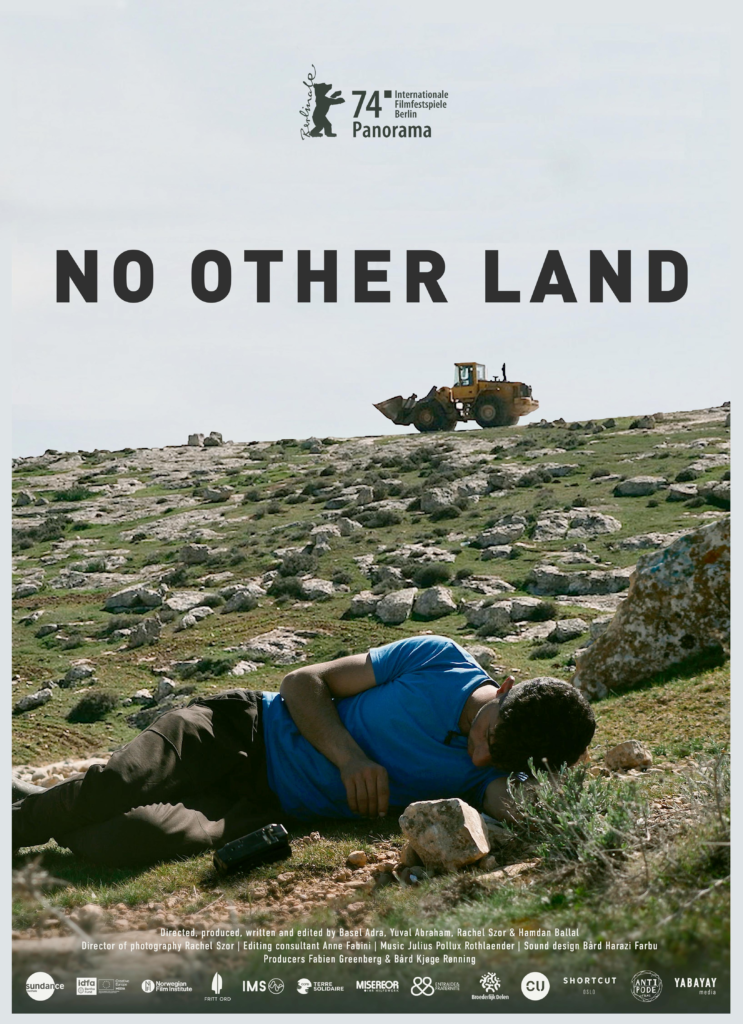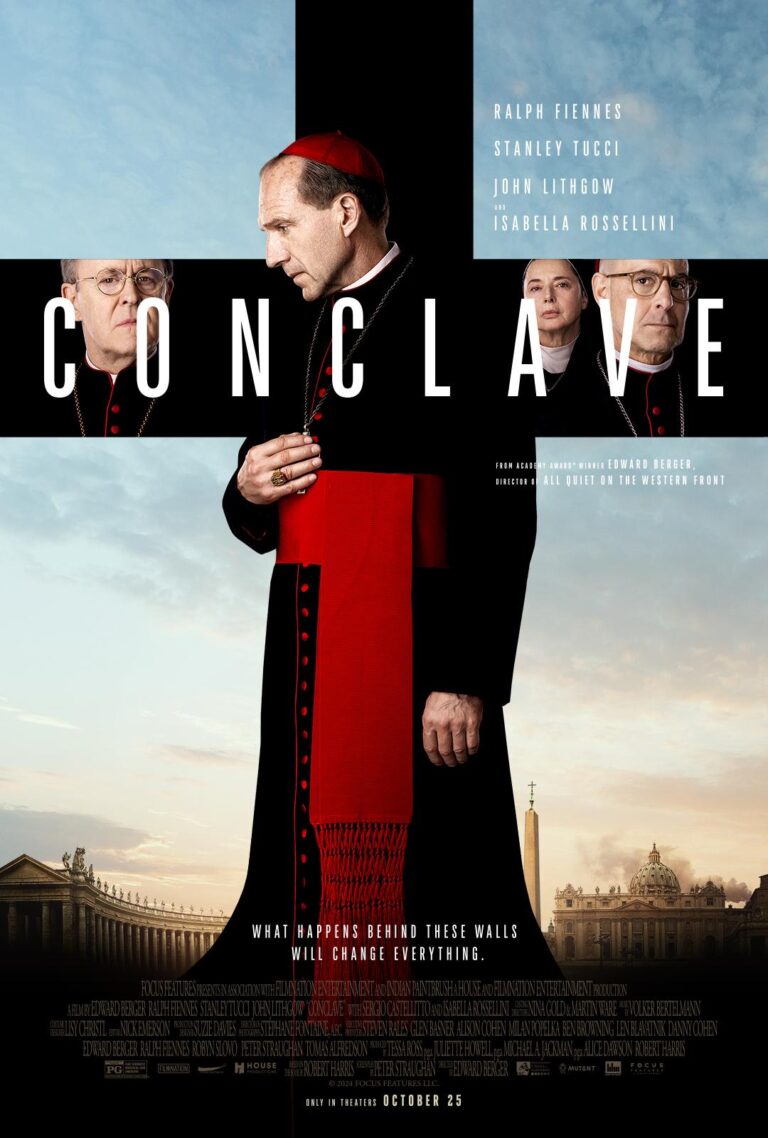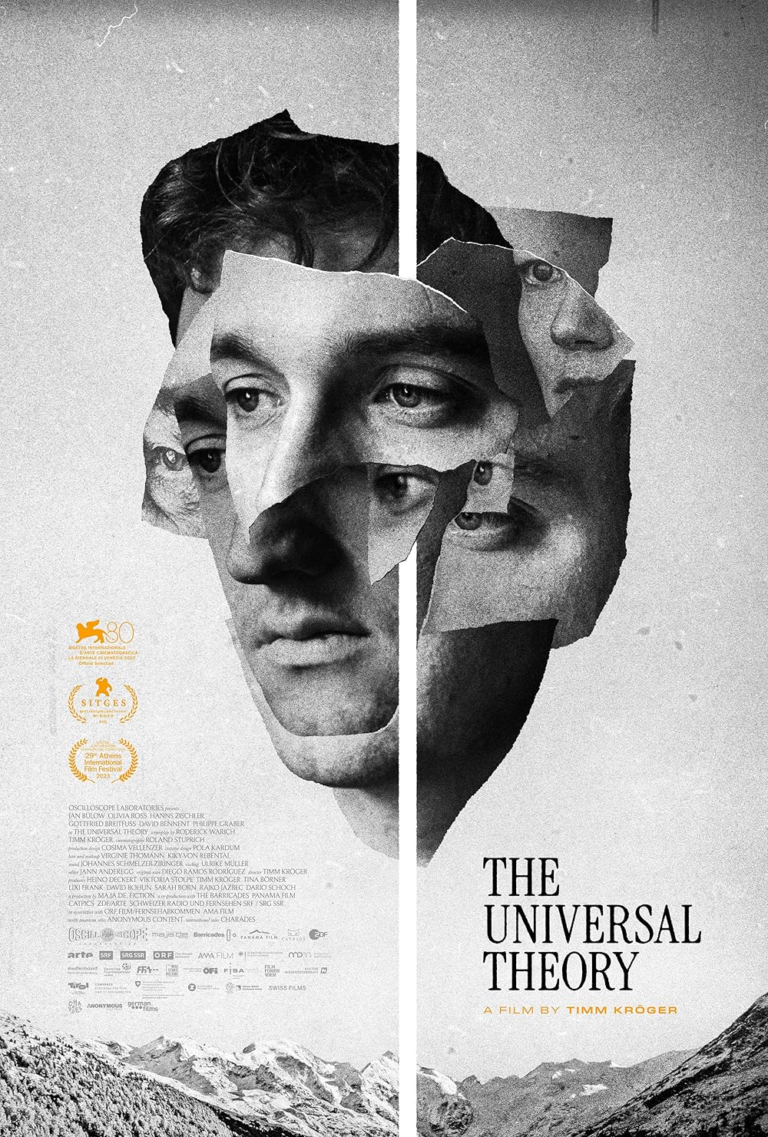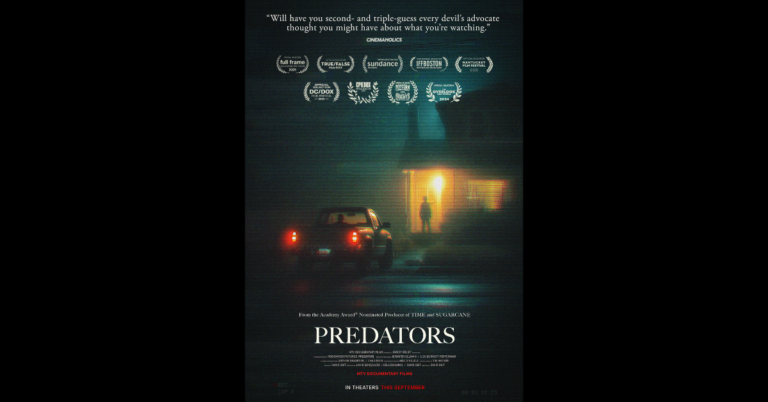No Other Land Christian Review

In No Other Land, the screen doesn’t just show us images—it immerses us in the raw, relentless reality of the people of Masafer Yatta, a Palestinian community facing destruction at every turn. Filmed with a precision that speaks to the filmmakers’ respect for their subjects, it’s not just a documentary; it’s an experience that almost demands empathy. The story they’re telling is complex, heavy with layers of history and heartbreak, but one thing remains clear: this is a community that refuses to yield to despair. For an American audience, perhaps far removed from the day-to-day struggles in this land, the film offers something rare—a chance to witness the truth through the eyes of those living it.
And what makes it all the more poignant? It’s the simplicity with which this community faces such overwhelming odds. They rebuild their lives, their homes, again and again. Their resilience echoes louder than the conflicts tearing their lives apart. Christians who watch can’t help but feel the weight of that resilience, and perhaps, hear echoes of our own call to justice, to speak up for the oppressed. It’s hard to turn away from this film without asking yourself: What does it mean to seek justice, to do more than just watch?
A Glimpse of Hope Amid Shadows
What’s striking about No Other Land is that, while it shows the cost of ongoing conflict, it doesn’t lose sight of the people’s hope. The film doesn’t wallow in despair. Yes, it’s heavy and unflinchingly honest, but every now and then, there’s this glimpse—small, flickering—that maybe things don’t have to stay as they are. When we see Israeli and Palestinian citizens working together, building bridges instead of burning them, we get a vision of what could be. It’s an image that goes beyond politics, beyond religion, showing us a universal yearning for peace that’s all too often ignored in media portrayals.
As Christians, we recognize this vision, too. A peace built on love, justice, and mutual respect. It resonates with the core of our faith, a reminder that even in the darkest times, there’s a flicker of hope waiting to be fanned into a flame. The film offers no easy answers, no feel-good platitudes. Instead, it invites us into the mess, into the painful reality that change is slow, even unlikely, but still worth striving for.
The Power of Witnessing
What’s remarkable about this documentary is the way it emphasizes the act of witnessing. It’s not just telling a story; it’s inviting us to join in the work of seeing what the world might prefer we ignore. And for the people of Masafer Yatta, being seen—being known—becomes a kind of armor. The camera in No Other Land isn’t just a tool; it’s a shield. Watching, recording, simply being present in moments of vulnerability and strength becomes a way of resisting the silence that so often allows injustices to thrive.
And that’s where this film’s moral force really comes through. Just as light drives out darkness, bearing witness becomes a form of defense against oppression. For Christians, this call to bear witness is a familiar one. Scripture often calls us to “speak truth in love” (Ephesians 4:15) and to be a voice for the voiceless. There’s something undeniably powerful about seeing this in action, reminding us that even from afar, we have a role to play in standing with the oppressed.
Faith and Resilience: A Community in Motion
Masafer Yatta isn’t just a setting—it’s practically a character. And like any character facing constant hardship, it has developed a sort of inner resilience. Every moment of destruction is met with a moment of defiant rebuilding. Watching this unfold is both inspiring and heart-wrenching, knowing that each act of restoration is tinged with the reality that it may all be torn down again.
For a Christian viewer, there’s something strikingly biblical about this determination. It calls to mind the Old Testament stories of exile and return, of rebuilding in the face of destruction, of God’s people finding a way to cling to hope despite overwhelming odds. But it also brings to mind Christ’s call to love our neighbors as ourselves. No Other Land reminds us that neighbors aren’t defined by proximity but by shared humanity. We see this community striving not just to survive, but to live with dignity, and it challenges us to consider what we might be willing to sacrifice for the sake of justice.
The Psychological Toll of Conflict
In addition to the physical destruction, No Other Land exposes another dimension: the psychological warfare that tries to crush a people’s spirit. It’s an effort not just to occupy land but to occupy minds, to instill a sense of hopelessness. We see it in the small gestures of resistance, the resilience that refuses to be broken. It’s these quieter moments that reveal the depth of struggle, the kind of courage that doesn’t always make headlines.
For viewers, especially those of faith, these scenes are a reminder of the battles we don’t always see—the internal ones, where hope feels fragile, and despair seems inevitable. No Other Land holds moral authority because it doesn’t shy away from these inner conflicts. It understands that the toll of war and occupation isn’t just on the body but on the soul.
A Different Kind of Peace
What does peace even look like in a place so marked by conflict? No Other Land doesn’t pretend to know, but it does offer glimpses. And perhaps that’s all we can ask for—glimpses that spark imagination, that move us from passivity to prayer, from witnessing to action. As Christians, peace is foundational to our faith. But the film forces us to confront what peace requires. It’s not just the absence of conflict; it’s the presence of justice, the hard work of reconciliation, and the courage to bridge divides that seem unbridgeable.
We see, in fleeting moments, Israelis and Palestinians standing together, challenging the status quo, creating a picture of what the Kingdom of God on earth might look like. It’s uncomfortable, unsettling, and undeniably beautiful. It’s a reminder that peace isn’t just a dream but a hard-fought reality that requires active pursuit.
Walking Away With Conviction
No Other Land isn’t easy viewing. It’s heavy, and it lingers with you long after the credits roll. But as a Christian, you can’t help but feel convicted. This isn’t a story designed to make you feel good or offer easy answers. It’s a story that challenges, that prods, that asks something of you. Are you willing to bear witness? To pray for peace? To do more than just watch? It reminds us of the parable of the Good Samaritan, where Jesus called His followers not only to feel compassion but to act on it.
If nothing else, the film leaves us with this question: what will we do with what we’ve seen? For many, it may mean deepening our understanding of the complexities of the region. For others, it could mean praying for peace with new urgency, or supporting organizations working toward justice. But whatever the response, No Other Land leaves us knowing that to see injustice and to do nothing is, itself, a choice.
Final Reflection: A Stirring, Unflinching Witness
No Other Land is more than a documentary; it’s a call to conscience. For Christians, it’s a reminder of the biblical call to justice and the power of standing with those who suffer. The film doesn’t offer easy resolutions, but it doesn’t leave us in despair, either. It presents a vision—flawed, imperfect, yet filled with hope. It’s an invitation to see, to care, and, perhaps, to act.
For its honest, intimate portrayal and its challenge to the viewer, No Other Land earns an 8.5 out of 10. A film that lingers, haunts, and refuses to let you look away.







